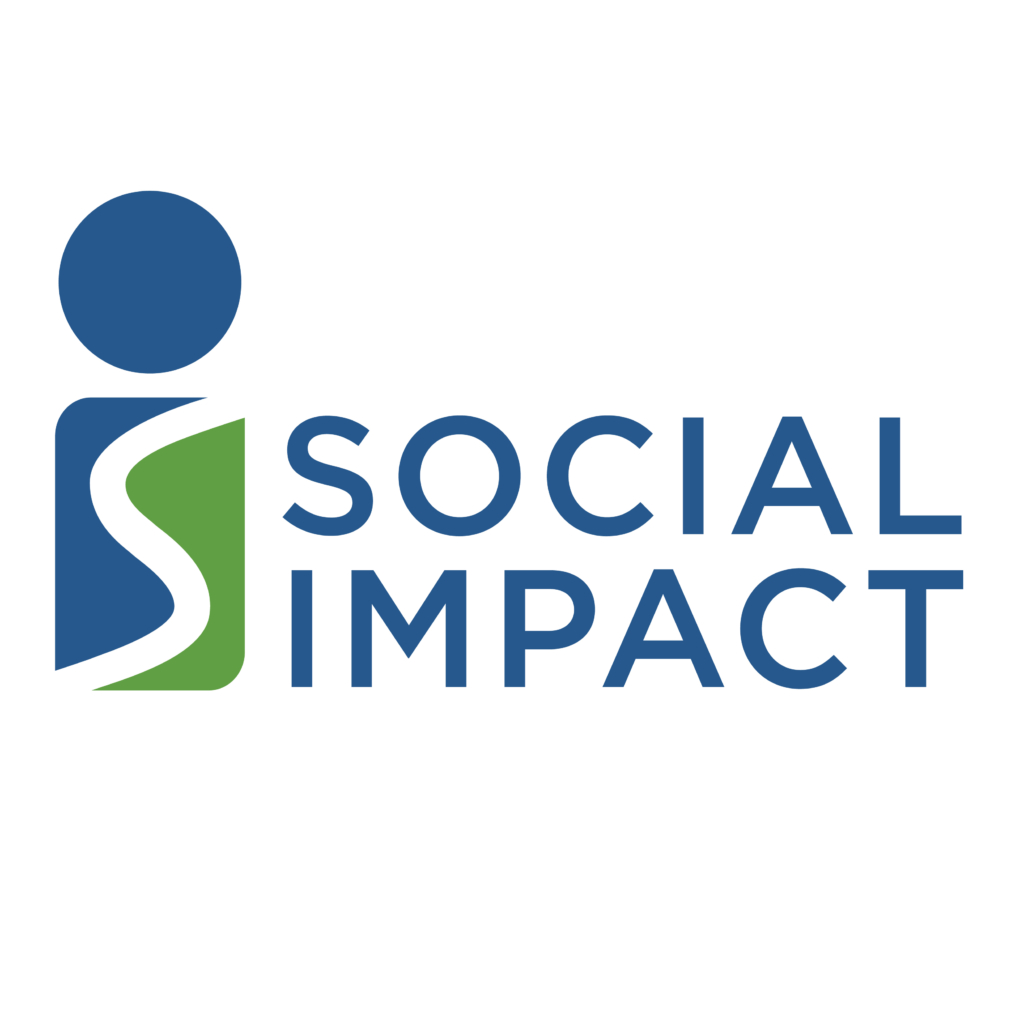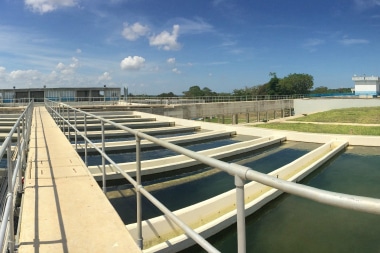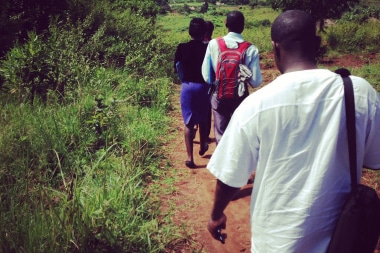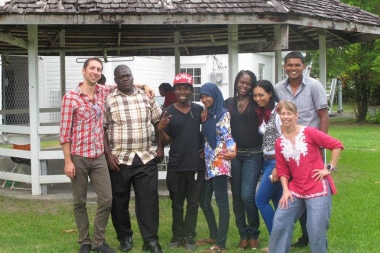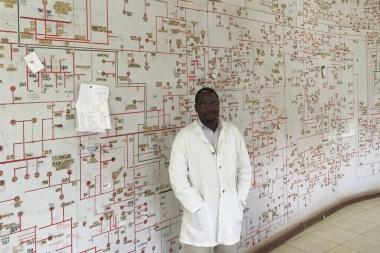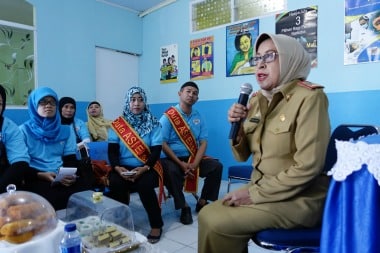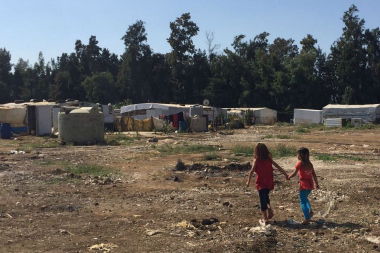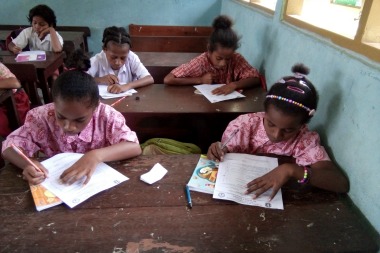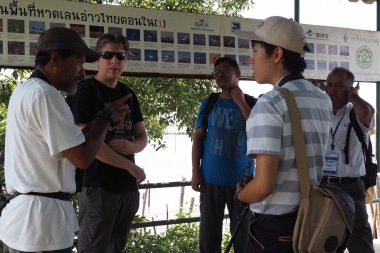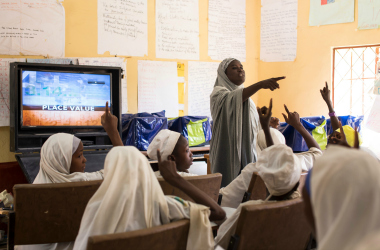Tanzania Water Sector Project Impact Evaluation
Social Impact is conducting an impact evaluation of the Millennium Challenge Account Tanzania Water Sector Project. The project rehabilitated and upgraded water treatment plans in urban Morogoro and Dar es Salaam to improve water supply and quality. The evaluation is focused on learning whether there were improvements in the quantity, reliability, and quality of the water supply. The evaluation also looks at how people used water, their choices for drinking water, and how much they spent related to water.

